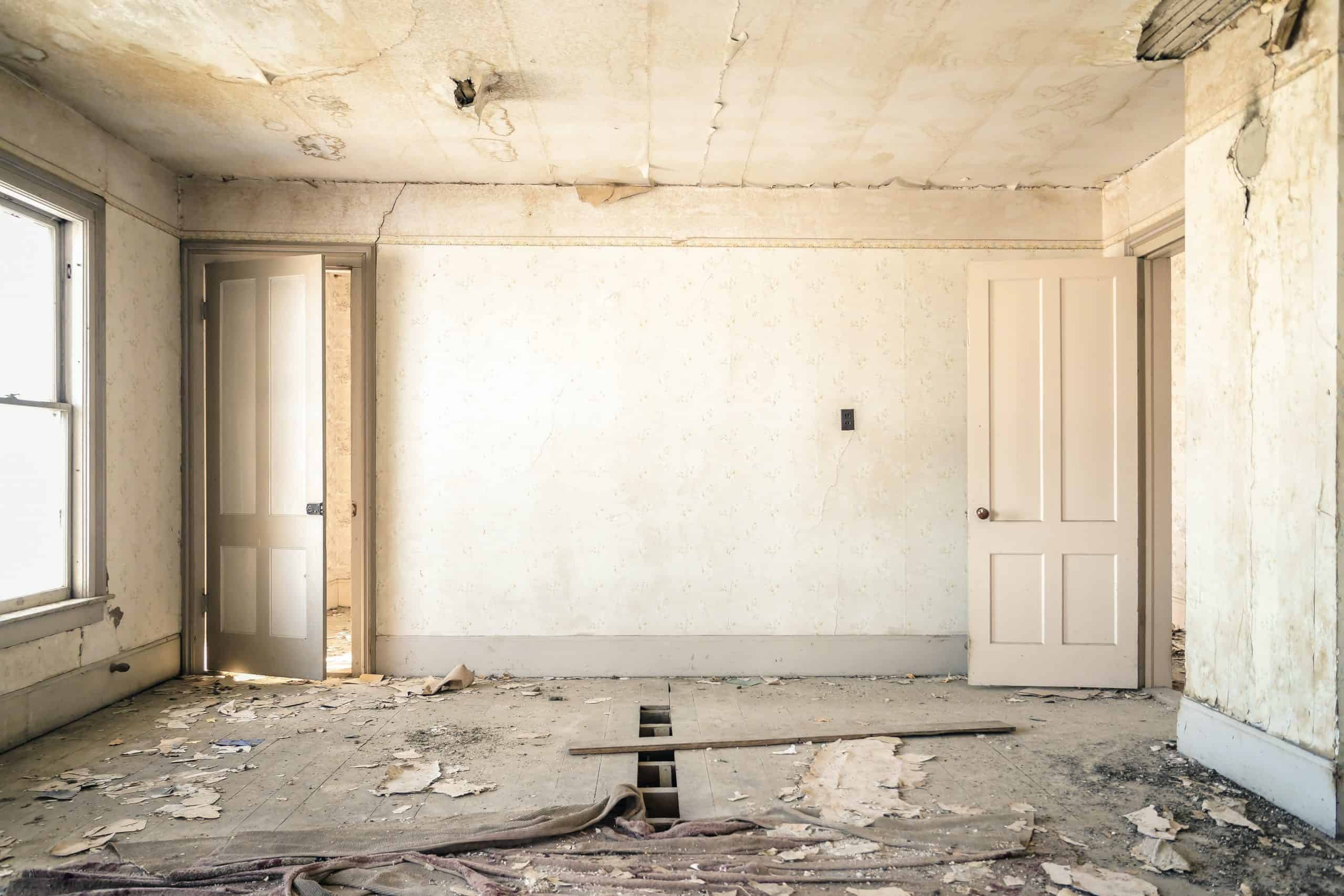If you’re about to sign a Commercial Lease or Retail Lease, you need to understand what you’re signing up for, and if it’s a good deal.
Many business owners rush into a lease without fully grasping the terms of the Commercial Lease Agreement, or what is hidden in the fine print.
Even worse, many choose to negotiate the key terms of the Heads of Agreement (HOA) without speaking to a lawyer first. You’re leaving money on the table here, people!
Keep reading below for some valuable tips on what to think about before you sign on the dotted line for a new lease…
Heads of Agreement
A Heads of Agreement is usually prepared before committing to a commercial lease. This document outlines the major components to be included in the actual lease and the key commercial terms for the lease.
The main purpose of the Heads of Agreement is:
- to prepare the way forward for the parties to enter into a lease
- to outline what the terms of the lease are going to be
- provide some certainty that the deal will go forward, especially where people are spending money in due diligence.
Why would you use a Heads of Agreement?
In our view, the biggest advantage of a Heads of Agreement is to ensure both parties are on the same page when it comes to the key terms of the lease (e.g. term, rent, outgoings, costs, rights to assign and sublease), so that time and money is not wasted in the formal negotiation phase.
Signing a HOA demonstrates a tenant’s commitment to the premises while completing the due diligence process.
A HOA can also be an important tool in securing leverage for negotiating key terms. It can also protect a prospective tenant’s deposit from being retained by the landlord in some circumstances if the negotiations break down.
Binding or Non-Binding?
Heads of Agreement can be binding or non-binding and it’s important to know which one you’re signing. Usually, the landlord will prepare the Heads of Agreement and will inform their solicitor if they intend it to be binding or not.
It is common for this type of agreement to be non-binding unless there is some urgency and the landlord desires to ‘lock in’ the prospective tenant. If the agreement is binding, the parties will not be able to walk away from the deal even though a lease has not yet been signed.
Pre-Lease Tips
It can be tempting to move quickly into planning fit-out and making arrangements regarding a premises.
Keep in mind that unless you have a binding Heads of Agreement or Commercial Lease Agreement, the deal could still fall through.
You don’t want to have undertaken any costly work or engaged any contractors prior to having a signed lease or you’ll be stuck with the bill for services that can’t be executed!

Before finalising a Commercial Lease
Before you commit to a commercial lease, you should engage in certain due diligence searches and enquiries.
Signing a lease is a huge commitment for your business and you want to make sure that it’s the right fit and that you can use the premises as you intend to.
Here’s a quick list of some enquiries you should make before signing up.
- Check that the Commercial Lease matches the terms of the Heads of Agreement. e.g. is there a rent free period mentioned in the HOA that’s not in the lease?
- Check the length of the lease – does it include an option period?
- Check the zoning and permitted use of the premises – will you be able to operate your business under the permitted use approved by council? (remember, the permitted use of the landlord may be different to the permitted use by the council).
- Physically inspect the property – does it look to be in good order? Consider a building and pest inspection.
Reading the fine print - Commercial Lease Agreement
It’s best practice to have a solicitor review your Commercial Lease Agreement to identify any risks.
However, if you’re undertaking a preliminary review of the lease on your own, you’ll want to compare it against this checklist below:
CLAUSE: | LOOK FOR: |
Common areas | Do you have a right to access the common areas? |
Signage | Do you have a right to display signage for your business? Some landlords don’t allow you to display signage which is viewable from the street. |
Parking | Is parking included? If so, how are you granted access – is it part of the lease or subject to an additional license? |
Term and Option to Renew | Is there an option to renew? Consider the term of your lease and whether it is worth fitting out the premises if it’s not secured long term. |
Assignment and subletting | Do you have the right to assign or sublet part or all of the premises? |
Outgoings | What is included, how will these be paid and how frequently? |
Retail Lease | Retail leases have additional protection. If you have a retail lease, you should also receive certain documentation and have certain additional rights you should be aware of. |
Rent review | How is the rent review calculated? Be careful that the rent review method is clearly described. |
Rent | Ensure the rent amount and frequency is correct. |
Permitted use | Ensure that the permitted use by the landlord matches the permitted use and zoning with council. |
How a Lawyer Can Help
It’s important that you understand exactly what you are signing up for and are aware of the risks. We do the hard work for you by going through the lease with a fine-tooth comb (so to speak).
If you’ve never read through a Commercial Lease Agreement before, you could easily miss unfair terms such as ‘make good’ obligations and high interest rates.
We’re experts in Commercial Leases and know exactly what to look for. We can also advise you on areas where you may be able to negotiate a better deal with the landlord.
Considering a Commercial Lease? Talk to Her Lawyer
If you need assistance with a commercial lease, reach out to us by booking a a discovery call here.



